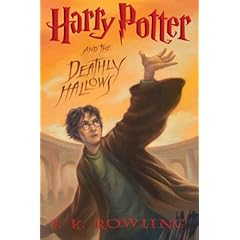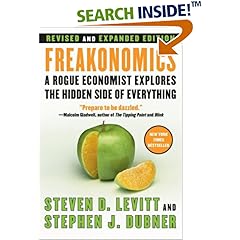
I am starting my PhD studies in the fall and I plan to focus my research along the lines of neuroeconomics, specifically optimal decision making under uncertainty from a neuroscience perspective. This book seemed to be the right thing to read for a general overview of what is known and what the open problems in the neuroscience field are. However, I was somewhat disappointed because of the overly general and simple tone of the book. It reminded me of Freakonomics in terms of composition. I suppose the book is written for the public and I know a little more than the public on this subject and wanted more detail so that could be the problem. Therefore, the book itself was good and presented a lot of interesting ideas. The main theme to me was that choice is a matter of valuation and cost. The brain is incredibly efficient at valuing choices and learning from the past and simulating the future. Therefore, reinforcement learning seems to model how the brain works. The author writes a lot about Turing and algorithms and how this applies to the brain. The whole book is interesting and recommended to non-experts or anyone looking for a quick and educational read.




